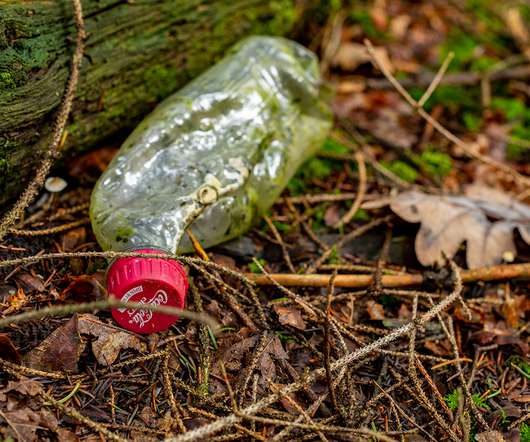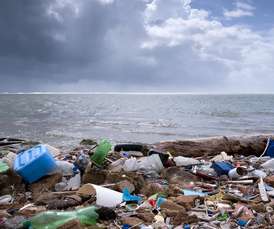Fast Fashion: The Damage It’s Caused and How to Stop It
The Environmental Blog
MARCH 19, 2020
With this change comes more energy and water consumption, more air and ocean pollution and more carbon emissions. Clothing production has approximately doubled since 2000, and it doesn’t show signs of slowing down. On top of the industry’s CO2 emissions , it also affects water consumption and air and ocean pollution.
















Let's personalize your content